
Michael C. Anderson
@memorycontrol.bsky.social
Neuroscientist at MRC Cognition an Brain Sciences Unit at the University of Cambridge, studying memory, cognitive control, and mechanisms of adaptive forgetting
Reposted by Michael C. Anderson
Review paper arguing that the #brain has a built-in mental brake that stops unwanted thoughts. Via a fronto-temporal pathway, it relies on GABA to calm mental loops. Weak brakes may underlie #PTSD, #OCD, anxiety, and #depression www.nature.com/articles/s41...

October 14, 2025 at 2:18 PM
Review paper arguing that the #brain has a built-in mental brake that stops unwanted thoughts. Via a fronto-temporal pathway, it relies on GABA to calm mental loops. Weak brakes may underlie #PTSD, #OCD, anxiety, and #depression www.nature.com/articles/s41...
Reposted by Michael C. Anderson
Amazing #RegisteredReport led by Sumaiyah Raza from @mrccbu.bsky.social.
We (again) found evidence against a memory benefit of spatial novelty. However, this time we did find a retroactive benefit of rest, which highlights that more work is needed here.
journals.sagepub.com/doi/full/10....
We (again) found evidence against a memory benefit of spatial novelty. However, this time we did find a retroactive benefit of rest, which highlights that more work is needed here.
journals.sagepub.com/doi/full/10....
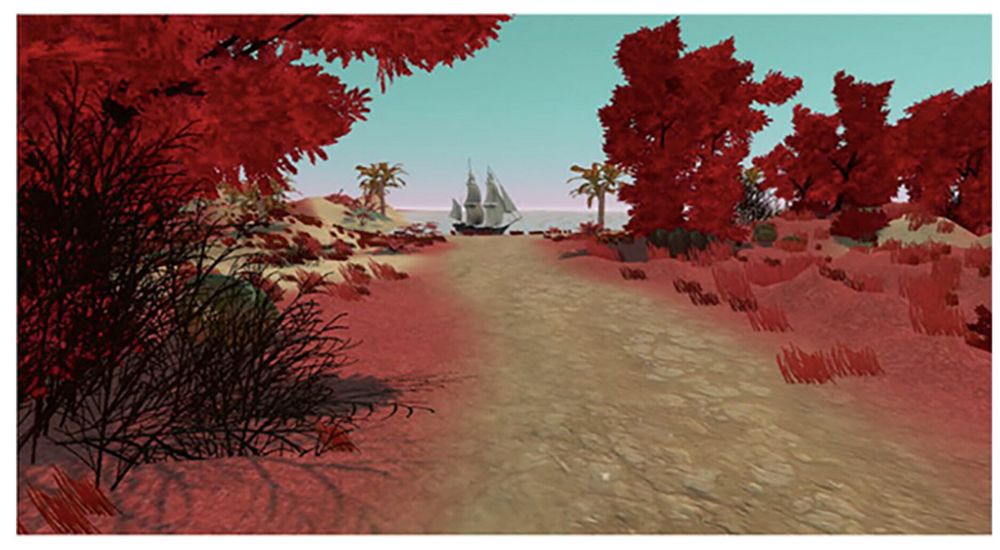
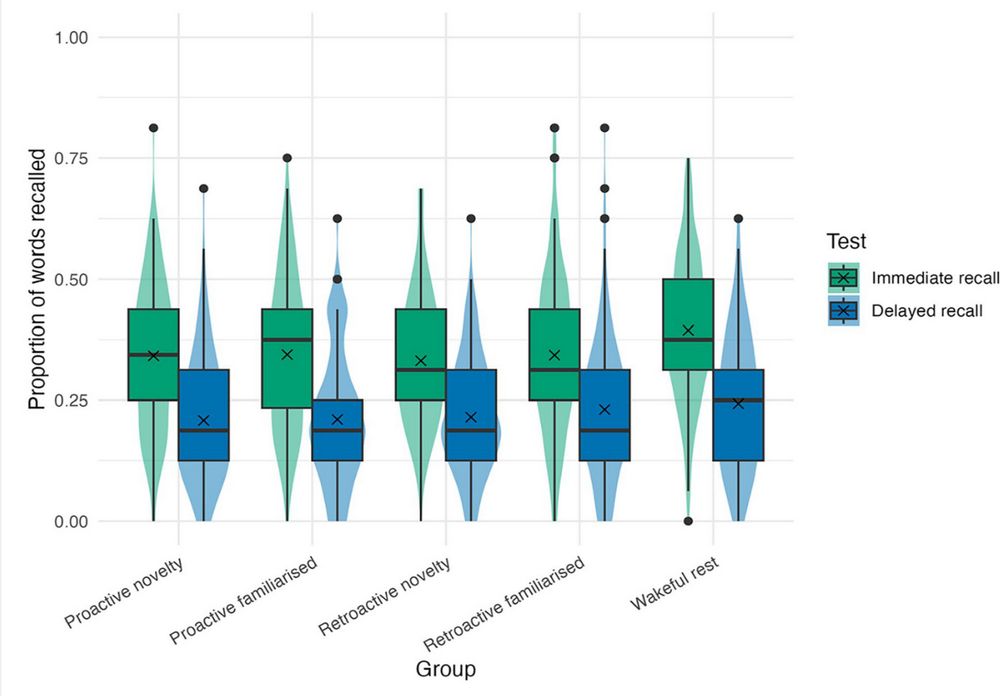
July 1, 2025 at 2:17 AM
Amazing #RegisteredReport led by Sumaiyah Raza from @mrccbu.bsky.social.
We (again) found evidence against a memory benefit of spatial novelty. However, this time we did find a retroactive benefit of rest, which highlights that more work is needed here.
journals.sagepub.com/doi/full/10....
We (again) found evidence against a memory benefit of spatial novelty. However, this time we did find a retroactive benefit of rest, which highlights that more work is needed here.
journals.sagepub.com/doi/full/10....
To my complete surprise, our Nature Reviews Neuroscience review on the Brain Mechanisms Underlying the Inhibitory Control of Thought has landed on the cover! Cover art below! For an "explainer thread", see earlier tweet. bsky.app/profile/memo...
@mrccbu.bsky.social
#neuroskyence #memory #ptsd
@mrccbu.bsky.social
#neuroskyence #memory #ptsd

June 24, 2025 at 12:26 PM
To my complete surprise, our Nature Reviews Neuroscience review on the Brain Mechanisms Underlying the Inhibitory Control of Thought has landed on the cover! Cover art below! For an "explainer thread", see earlier tweet. bsky.app/profile/memo...
@mrccbu.bsky.social
#neuroskyence #memory #ptsd
@mrccbu.bsky.social
#neuroskyence #memory #ptsd
Reposted by Michael C. Anderson
When I first started working with resting state fMRI as a postdoc, there was a lot of skepticism about what we could learn from it. 20 years later, it's hard to imagine where the field of neuroscience would be without it. Here's a summary 🧠 www.nature.com/articles/s41...

The history and future of resting-state functional magnetic resonance imaging - Nature
This Review provides an overview of the history of resting-state functional MRI research, which has helped to reveal the spatiotemporal organization of the brain, and discusses how it can contribute f...
www.nature.com
May 28, 2025 at 3:52 PM
When I first started working with resting state fMRI as a postdoc, there was a lot of skepticism about what we could learn from it. 20 years later, it's hard to imagine where the field of neuroscience would be without it. Here's a summary 🧠 www.nature.com/articles/s41...
This looks shockingly useful. Thanks, on behalf of the field!!
Nature Communications
A network correspondence toolbox for quantitative evaluation of novel neuroimaging results
www.nature.com/articles/s41...
A network correspondence toolbox for quantitative evaluation of novel neuroimaging results
www.nature.com/articles/s41...
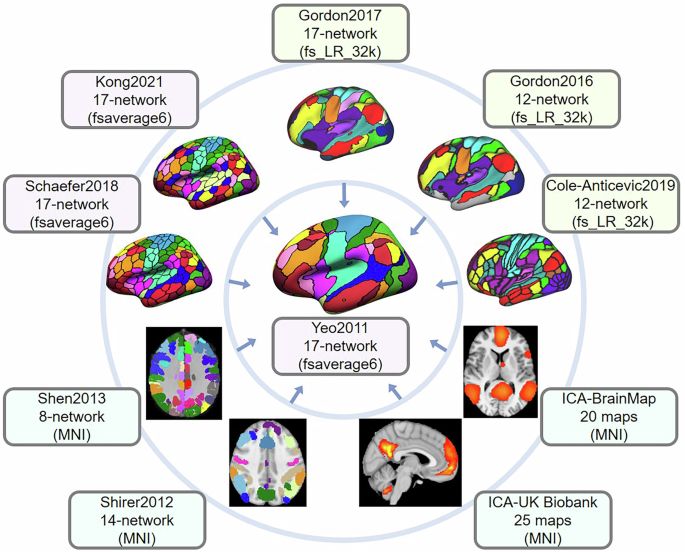
A network correspondence toolbox for quantitative evaluation of novel neuroimaging results - Nature Communications
Here, the authors present the Network Correspondence Toolbox, which enables researchers to examine and report spatial correspondence between their neuroimaging results and widely used brain atlases.
www.nature.com
May 28, 2025 at 11:26 AM
This looks shockingly useful. Thanks, on behalf of the field!!
Reposted by Michael C. Anderson
Brain mechanisms underlying the inhibitory control of thought — a Review by Michael C. Anderson, Maite Crespo-Garcia & S. Subbulakshmi
@memorycontrol.bsky.social
www.nature.com/articles/s41...
#neuroscience #neuroskyence
@memorycontrol.bsky.social
www.nature.com/articles/s41...
#neuroscience #neuroskyence
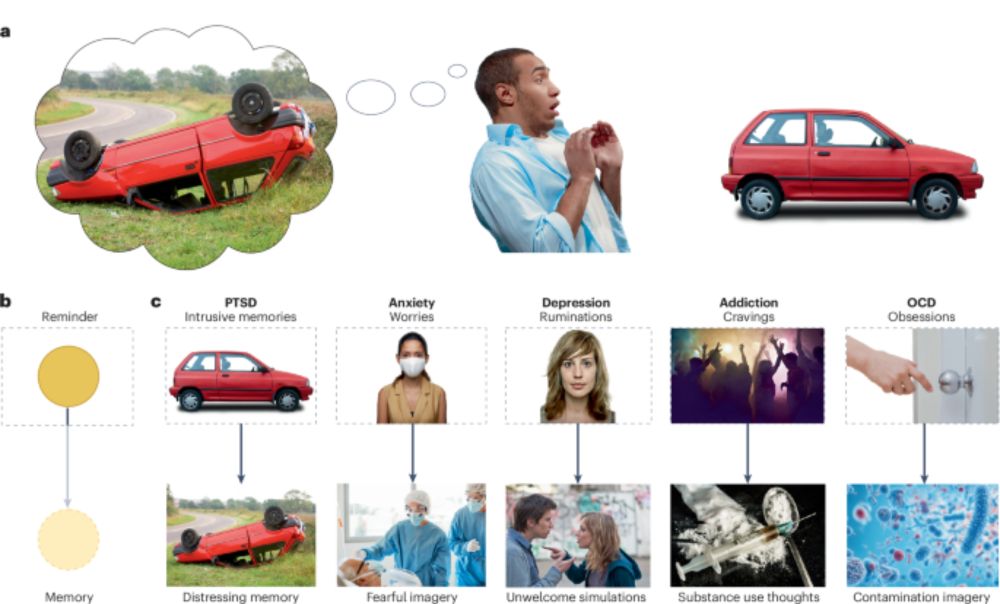
Brain mechanisms underlying the inhibitory control of thought - Nature Reviews Neuroscience
The capacity to prevent unwanted thoughts is important for cognitive function and mental health. Anderson et al. describe insights into the neural mechanisms of the inhibitory control of thought that ...
www.nature.com
May 27, 2025 at 1:34 PM
Brain mechanisms underlying the inhibitory control of thought — a Review by Michael C. Anderson, Maite Crespo-Garcia & S. Subbulakshmi
@memorycontrol.bsky.social
www.nature.com/articles/s41...
#neuroscience #neuroskyence
@memorycontrol.bsky.social
www.nature.com/articles/s41...
#neuroscience #neuroskyence
How does the brain stop thoughts? Find out in my article in @natrevneuro.nature.com with Subbu Subbulakshmi & Maite Crespo-Garcia www.nature.com/articles/s41... that integrates 25 yrs of psychology and neuroscience on this vital function.@mrccbu.bsky.social sky.social #neuroskyence #neuroscience
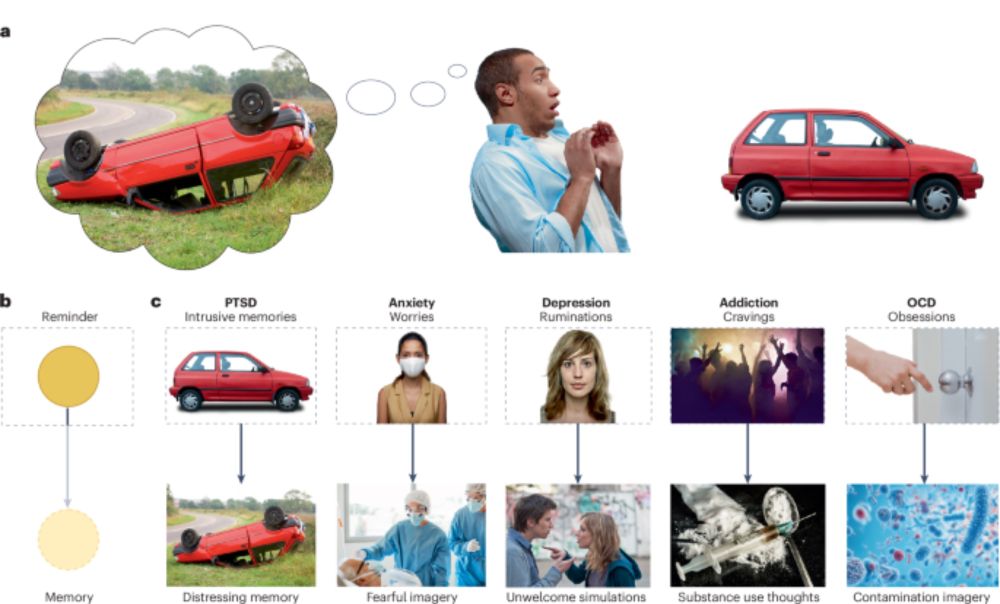
Brain mechanisms underlying the inhibitory control of thought - Nature Reviews Neuroscience
The capacity to prevent unwanted thoughts is important for cognitive function and mental health. Anderson et al. describe insights into the neural mechanisms of the inhibitory control of thought that ...
www.nature.com
May 20, 2025 at 9:36 AM
How does the brain stop thoughts? Find out in my article in @natrevneuro.nature.com with Subbu Subbulakshmi & Maite Crespo-Garcia www.nature.com/articles/s41... that integrates 25 yrs of psychology and neuroscience on this vital function.@mrccbu.bsky.social sky.social #neuroskyence #neuroscience
Congratulations to Ken Paller, this year's recipient of the George Miller Award at the Cognitive Neuroscience Society meeeting! Superb talk on his work on sleep and memory.
@cogneuronews.bsky.social @paller.bsky.social
@neurosky.bsky.social
@cogneuronews.bsky.social @paller.bsky.social
@neurosky.bsky.social

April 4, 2025 at 8:52 AM
Congratulations to Ken Paller, this year's recipient of the George Miller Award at the Cognitive Neuroscience Society meeeting! Superb talk on his work on sleep and memory.
@cogneuronews.bsky.social @paller.bsky.social
@neurosky.bsky.social
@cogneuronews.bsky.social @paller.bsky.social
@neurosky.bsky.social
Should the Medical Research Council end sustained funding for its internationally renowned scientific units? 600 scientists don't think so.The UK needs sustained investment in basic science and challenge-led investments. #Neuroskyence @mrccbu.bsky.social www.timeshighereducation.com/news/nobelis...
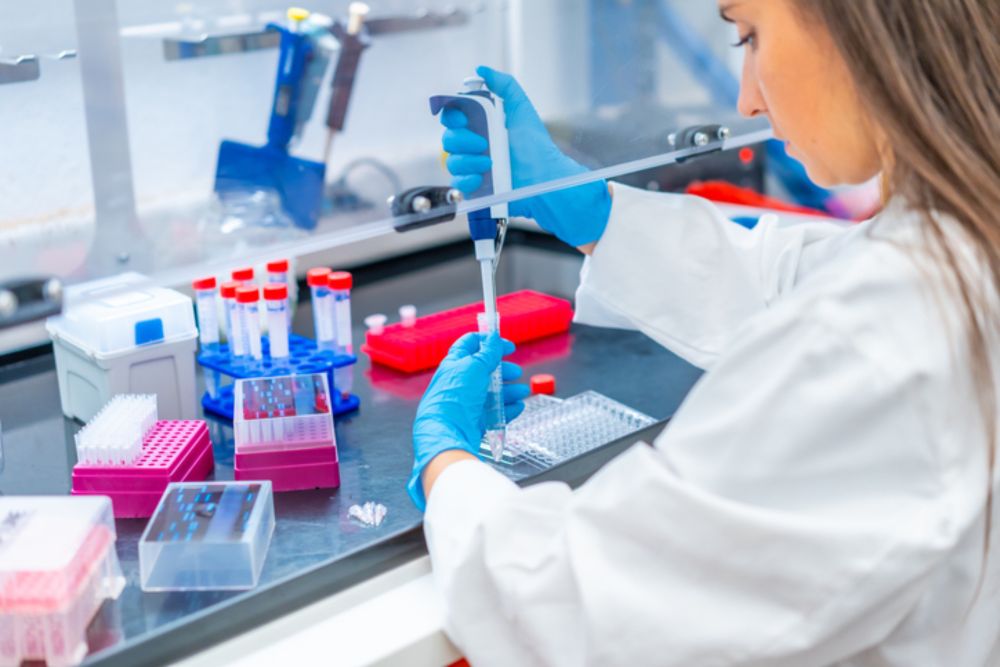
Nobelists urge rethink on MRC unit funding changes
Nobel laureates back calls to pause new system of Medical Research Council funding which threatens future of well-established research units
www.timeshighereducation.com
January 22, 2025 at 9:26 AM
Should the Medical Research Council end sustained funding for its internationally renowned scientific units? 600 scientists don't think so.The UK needs sustained investment in basic science and challenge-led investments. #Neuroskyence @mrccbu.bsky.social www.timeshighereducation.com/news/nobelis...
Suppressing memories promotes resilience! Terrorist attack survivors who recovered from PTSD showed normalised inhibitory control of the hippocampus during retrieval stopping before intrusive memory declines, mitigating hippocampal atrophy. #memory #PTSD #neuroskyence www.science.org/doi/10.1126/...

Plasticity of human resilience mechanisms
PTSD remission is linked to improved fronto-hippocampal inhibitory mechanisms during memory control.
www.science.org
January 13, 2025 at 11:51 AM
Suppressing memories promotes resilience! Terrorist attack survivors who recovered from PTSD showed normalised inhibitory control of the hippocampus during retrieval stopping before intrusive memory declines, mitigating hippocampal atrophy. #memory #PTSD #neuroskyence www.science.org/doi/10.1126/...
A nice piece by @sciam.bsky.social on @harrington-mo.bsky.social's recent work showing that sleep loss impairs the control of intrusive thoughts; useful comments by @marwimber.bsky.social and @zarabergstrom.bsky.social
@mrccbu.bsky.social
#neuroskyence www.scientificamerican.com/article/bad-...
@mrccbu.bsky.social
#neuroskyence www.scientificamerican.com/article/bad-...

Bad Sleep Lets Intrusive Thoughts Flood In
Findings reveal the memory-related brain processes that generate unwanted thoughts when people are sleep deprived
www.scientificamerican.com
January 10, 2025 at 12:21 PM
A nice piece by @sciam.bsky.social on @harrington-mo.bsky.social's recent work showing that sleep loss impairs the control of intrusive thoughts; useful comments by @marwimber.bsky.social and @zarabergstrom.bsky.social
@mrccbu.bsky.social
#neuroskyence www.scientificamerican.com/article/bad-...
@mrccbu.bsky.social
#neuroskyence www.scientificamerican.com/article/bad-...
Can someone forget much of their life? Yes! In Psychogenic amnesia, extreme stress leads to the loss of years of memories, including all the people the patient knows. Why? Read about what we have discovered in @laura-marsh.bsky.social 's new paper or in the outstanding thread below #neuroskyence
Happy to share our new paper on the inhibition of memory retrieval in dissociative amnesia, with @dcdace.bsky.social, Hirokazu Kikuchi, Nobuhito Abe &, Jun Kawaguchi, Mike Kopelman & @memorycontrol.bsky.social
doi.org/10.1017/S003...
doi.org/10.1017/S003...
Prefrontally mediated inhibition of memory systems in dissociative amnesia | Psychological Medicine | Cambridge Core
Prefrontally mediated inhibition of memory systems in dissociative amnesia
doi.org
January 8, 2025 at 10:48 PM
Can someone forget much of their life? Yes! In Psychogenic amnesia, extreme stress leads to the loss of years of memories, including all the people the patient knows. Why? Read about what we have discovered in @laura-marsh.bsky.social 's new paper or in the outstanding thread below #neuroskyence
Sleep much? I hope so! A new fMRI study with @harrington-mo.bsky.social and @sacairney.bsky.social shows how inducing sleep loss impairs the prefrontal cortex's ability to suppress unwanted memories, and suggests that REM sleep restores this function.Congrats Marcus!
@sleepdiplomat.bsky.social
@sleepdiplomat.bsky.social
🚨 Our study on how sleep deprivation affects the neural correlates of memory suppression is now published in PNAS!
www.pnas.org/doi/10.1073/...
www.pnas.org/doi/10.1073/...
PNAS
Proceedings of the National Academy of Sciences (PNAS), a peer reviewed journal of the National Academy of Sciences (NAS) - an authoritative source of high-impact, original research that broadly spans...
www.pnas.org
January 6, 2025 at 10:56 AM
Sleep much? I hope so! A new fMRI study with @harrington-mo.bsky.social and @sacairney.bsky.social shows how inducing sleep loss impairs the prefrontal cortex's ability to suppress unwanted memories, and suggests that REM sleep restores this function.Congrats Marcus!
@sleepdiplomat.bsky.social
@sleepdiplomat.bsky.social
Are you a fan with the MRC Cognition and Brain Sciences Unit? If so, read this Science story and then join the 500 scientists (inc two Nobels and two former Royal Society heads), who are asking the MRC to adjust course by signing the Open Letter linked in the story. www.science.org/content/arti...
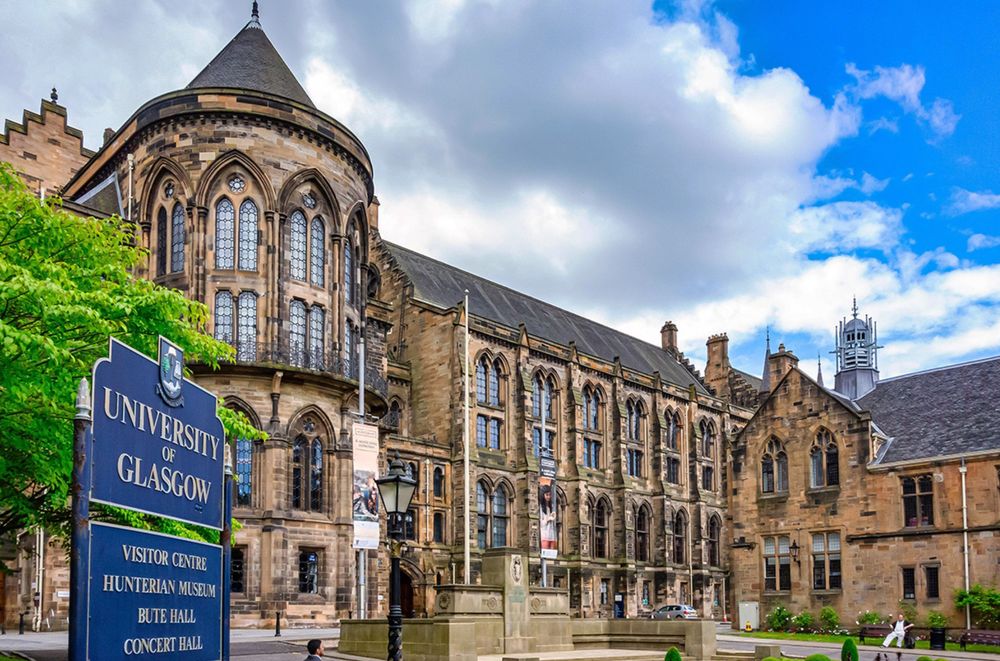
Funding overhaul threatens historic U.K. research units
Scientists protest new “challenge-led” grants replacing funding that supported long-term basic research
www.science.org
December 19, 2024 at 12:42 PM
Are you a fan with the MRC Cognition and Brain Sciences Unit? If so, read this Science story and then join the 500 scientists (inc two Nobels and two former Royal Society heads), who are asking the MRC to adjust course by signing the Open Letter linked in the story. www.science.org/content/arti...
Hello Bluesky world. I am renewing my commitment to this platform, prompted in part by the New York Times article today on this subject!
November 13, 2024 at 9:44 AM
Hello Bluesky world. I am renewing my commitment to this platform, prompted in part by the New York Times article today on this subject!
Reposted by Michael C. Anderson
Our paper with showing that memory control improves immediate emotions of autobiographical memories just got published. Massive thanks to @robinhellerstedt.bsky.social, @memorycontrol.bsky.social and @zarabergstrom.bsky.social 🙏😁
www.tandfonline.com/doi/full/10....
www.tandfonline.com/doi/full/10....

Memory control immediately improves unpleasant emotions associated with autobiographical memories of past immoral actions
The ability to stop unwanted memories from coming to mind is theorised to be essential for maintaining good mental health. People can employ intentional strategies to prevent conscious intrusions o...
www.tandfonline.com
April 24, 2024 at 9:15 AM
Our paper with showing that memory control improves immediate emotions of autobiographical memories just got published. Massive thanks to @robinhellerstedt.bsky.social, @memorycontrol.bsky.social and @zarabergstrom.bsky.social 🙏😁
www.tandfonline.com/doi/full/10....
www.tandfonline.com/doi/full/10....
Reposted by Michael C. Anderson
Great journal club article by my friend and colleague Linn Petersdotter about @memorycontrol.bsky.social's review paper on active forgetting. Worth reading and worth following what she's up to in the future!
Active forgetting in post-traumatic stress
Journal Club by Linn Petersdotter
go.nature.com/44a9lex
#psychology #psychscisky
Journal Club by Linn Petersdotter
go.nature.com/44a9lex
#psychology #psychscisky

April 10, 2024 at 5:04 PM
Great journal club article by my friend and colleague Linn Petersdotter about @memorycontrol.bsky.social's review paper on active forgetting. Worth reading and worth following what she's up to in the future!
Interested in how people control unwanted memories? Davide Nardo and I published a detailed guide to the Think/No-Think task in Behavior Research Methods with best practice advice, including a training package with videos, spreadsheets and code. rdcu.be/dzbwA
February 21, 2024 at 5:08 PM
Interested in how people control unwanted memories? Davide Nardo and I published a detailed guide to the Think/No-Think task in Behavior Research Methods with best practice advice, including a training package with videos, spreadsheets and code. rdcu.be/dzbwA
Reposted by Michael C. Anderson
The final version of @memorycontrol.bsky.social and my article "Neural mechanisms of domain-general inhibitory control" is now featured in the current version of TiCS www.cell.com/trends/cogni...
Downloadable version here: wessellab.org
Downloadable version here: wessellab.org
Issue: Trends in Cognitive Sciences
www.cell.com
February 6, 2024 at 4:08 PM
The final version of @memorycontrol.bsky.social and my article "Neural mechanisms of domain-general inhibitory control" is now featured in the current version of TiCS www.cell.com/trends/cogni...
Downloadable version here: wessellab.org
Downloadable version here: wessellab.org
Not that anyone here needs a reason to ditch twitter, BUT...I only just noticed that my twitter timeline is full of posts by people I don't follow. This is because, as of March, Musk introduced an algorithm to do this, based on what I have liked. Aggravating. I had liked my self-curated newsfeed.
November 26, 2023 at 10:15 PM
Not that anyone here needs a reason to ditch twitter, BUT...I only just noticed that my twitter timeline is full of posts by people I don't follow. This is because, as of March, Musk introduced an algorithm to do this, based on what I have liked. Aggravating. I had liked my self-curated newsfeed.
Incredibly pleased to have @janw.bsky.social
as a joint Chaucer/Zangwill club speaker here at the
MRC CBU, co-sponsored with Cambridge Psychology!
as a joint Chaucer/Zangwill club speaker here at the
MRC CBU, co-sponsored with Cambridge Psychology!

November 10, 2023 at 1:40 PM
Incredibly pleased to have @janw.bsky.social
as a joint Chaucer/Zangwill club speaker here at the
MRC CBU, co-sponsored with Cambridge Psychology!
as a joint Chaucer/Zangwill club speaker here at the
MRC CBU, co-sponsored with Cambridge Psychology!
Stunning. I would not have guess this would be possible.
Neural spiking data and Transformers are a tricky match. Temporal segmentation and tokenization are the crux. Together with an all-star team, we figured out a scalable way to solve this. The results are exciting: training and transferring on multi-sessions, multi-subjects neural decoding tasks.
Check out this new paper! Led by @mehdiazabou.bsky.social and @evadyer.bsky.social, we show that it is possible to get SOTA brain decoding with transfer across individuals and tasks!
The key is a clever way to tokenize spiking data for transformers.
#neuroskyence #brain #neurotech
The key is a clever way to tokenize spiking data for transformers.
#neuroskyence #brain #neurotech
October 26, 2023 at 2:29 PM
Stunning. I would not have guess this would be possible.
This is interesting and creative! The general approach of using deep learning to independently quantify different varieties of prediction error on a continuous basis opens a lot of doors. Very cool!
Now out in Cognitive Science! We use GPT-2 to show that Bayesian surprise, which tracks changes in the content and confidence of predictions, accounts for human event boundaries in a narrative better than surprisal, which only tracks the predicted probability of individual words tinyurl.com/kd9dpub8
October 26, 2023 at 10:38 AM
This is interesting and creative! The general approach of using deep learning to independently quantify different varieties of prediction error on a continuous basis opens a lot of doors. Very cool!
Gees..Michael Eisen, editor of Elife, just got sacked by the board due to "behaviour" (having to do with leadership and social media posting, it says). Anybody have a clue?
October 24, 2023 at 4:30 PM
Gees..Michael Eisen, editor of Elife, just got sacked by the board due to "behaviour" (having to do with leadership and social media posting, it says). Anybody have a clue?
Has Mastodon gone extinct? I confess that I like the feel of BlueSky more, and it seems like people have taken to it enthusiastically. But I wonder whether people are persisting with Mastodon or not, and why?
October 17, 2023 at 9:24 AM
Has Mastodon gone extinct? I confess that I like the feel of BlueSky more, and it seems like people have taken to it enthusiastically. But I wonder whether people are persisting with Mastodon or not, and why?

